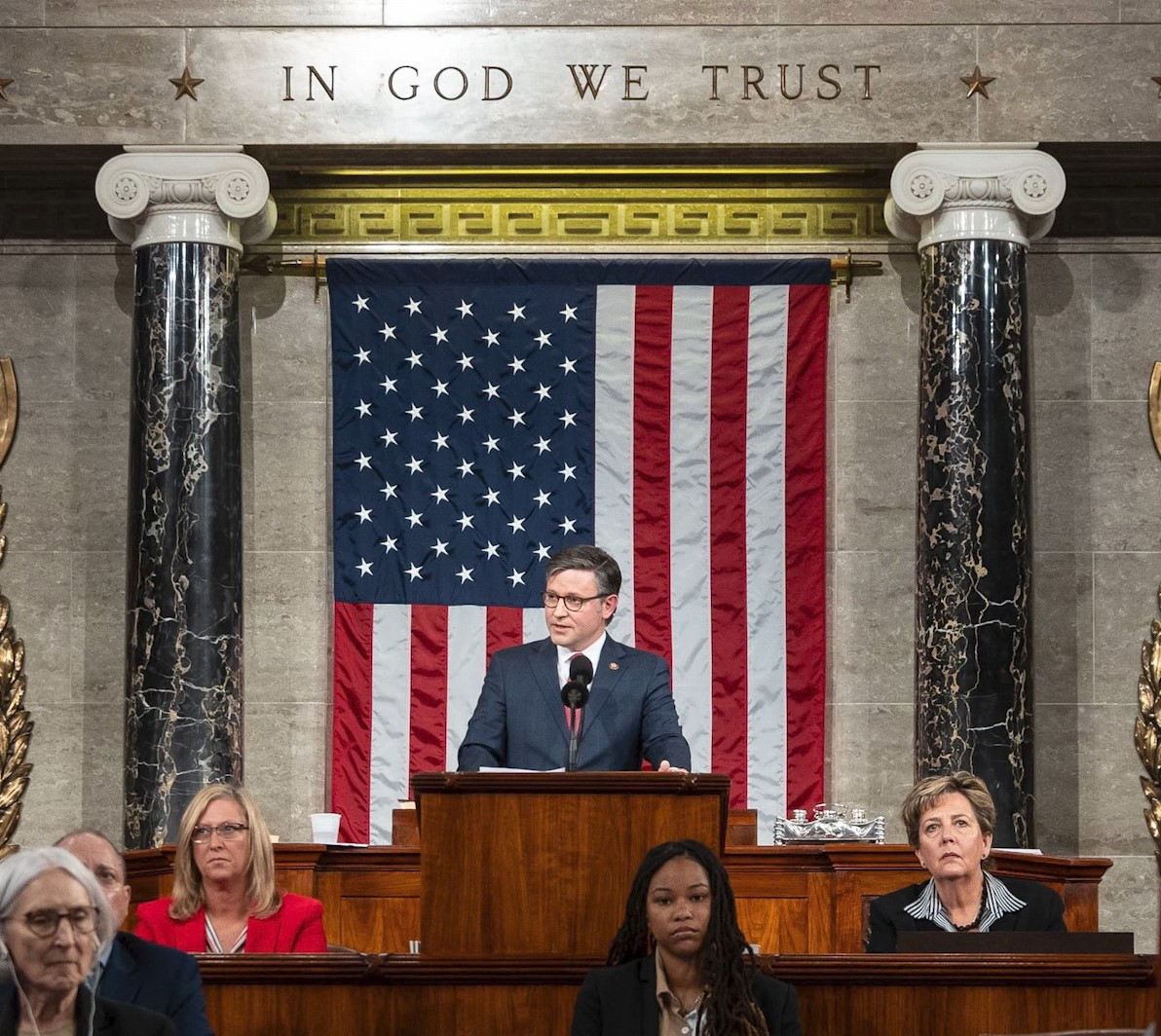As the upcoming G20 meeting in India unfolds, US President Joe Biden is focusing on fostering stronger ties with emerging markets, notably in Africa, Latin America, and Asia, offering a robust alternative to China's Belt and Road initiative. This project, spearheaded by Chinese President Xi Jinping, who has notably opted to skip the G20 meeting, has channeled billions into developing countries, albeit plunging many into substantial debt. Biden aims to capitalize on this void, wielding promises of sustained engagement and financial backing via the World Bank, with an ambitious plan to amass $600 billion by 2027 through the Partnership for Global Infrastructure and Investment, an initiative excluding China. Analysts, like Zack Cooper from the American Enterprise Institute, question if the US can effectively seize this opportunity, amidst China's economic downturn affecting the Belt and Road spending.
On the global stage, the International Monetary Fund (IMF) predicts a rapid GDP growth between 3.2% and 5.0% in various regions including the Middle East, Central Asia, and sub-Saharan Africa, overshadowing projections for the United States and globally. However, these nations are grappling with significant obstacles such as outdated infrastructure and the looming threat of climate change, amplified by the impacts of the COVID-19 pandemic and escalating debt burdens. Contributing to this, China's Belt and Road Initiative, although a significant player in funding infrastructure in developing nations, has witnessed a reduction in credit availability in recent years, leaving many nations struggling with repayment amidst rising interest rates.
Simultaneously, the Biden administration perceives a reinvigorated World Bank as a crucial player to address the pressing needs of the Global South while aligning with US interests. Jake Sullivan, Biden's National Security Adviser, emphasized that the intended World Bank reforms are not targeted against China, a substantial stakeholder in the bank. The administration advocates that offering a viable alternative to China's 'coercive and unsustainable' projects is not only altruistic but aligns seamlessly with the intrinsic interests of the United States, echoing sentiments even from the previous Trump administration which had invested in foreign aid.
Navigating the geopolitics, Biden's foreign policy has been centered on confronting the Russia-Ukraine conflict, nurturing competition with China, and rejuvenating alliances that waned during the Trump era, setting the stage for the 2024 presidential elections. Despite finding resonance with traditional allies, the approach has been met with caution by developing nations such as Brazil, India, and South Africa, who are reluctant to be caught in the crossfire of Washington's tiffs with Beijing and Moscow. Meanwhile, Xi Jinping is exploring alternative avenues to enhance China's engagement with the developing world, including leveraging platforms like the BRICS group and the upcoming Asia-Pacific Economic Cooperation (APEC) summit, showcasing the ongoing dynamism in global geopolitics.




